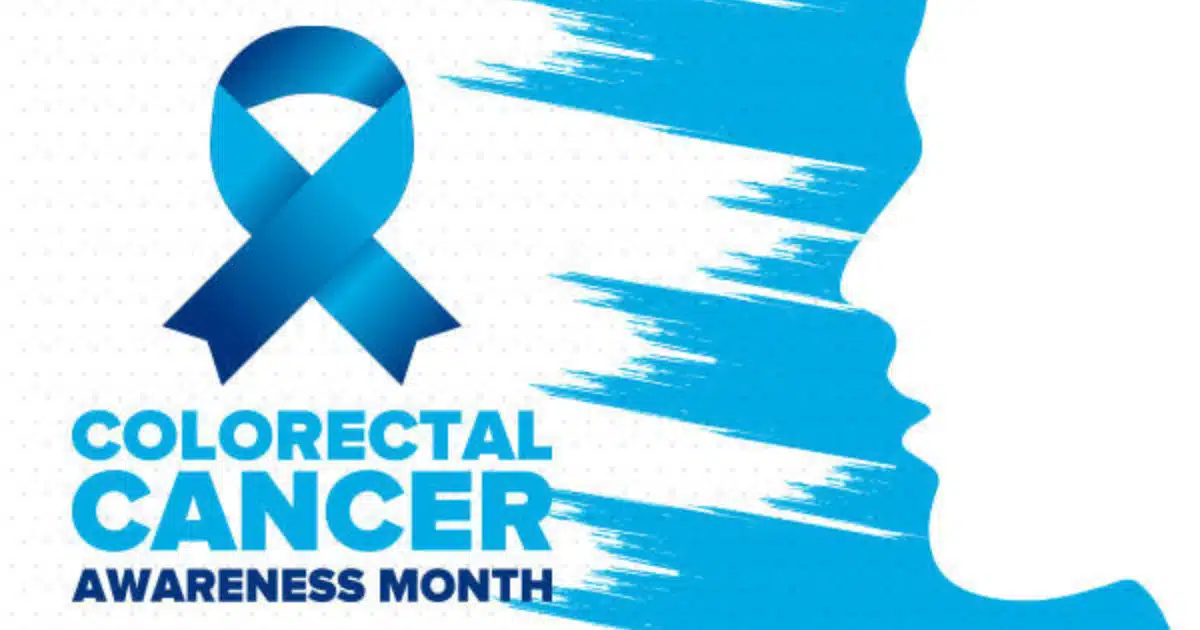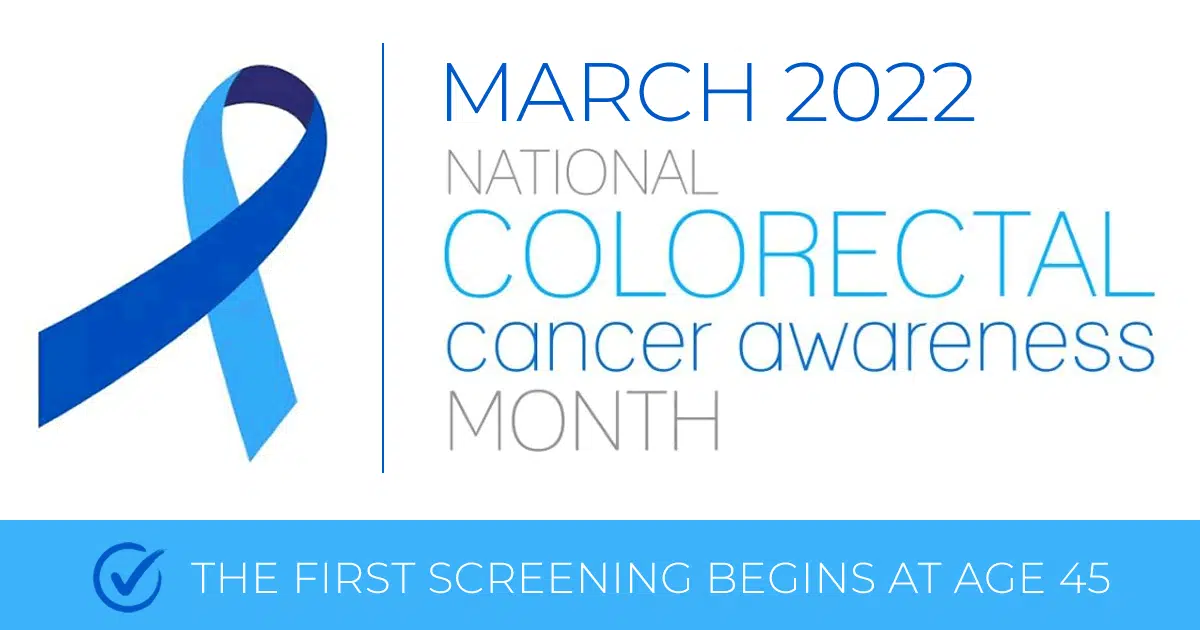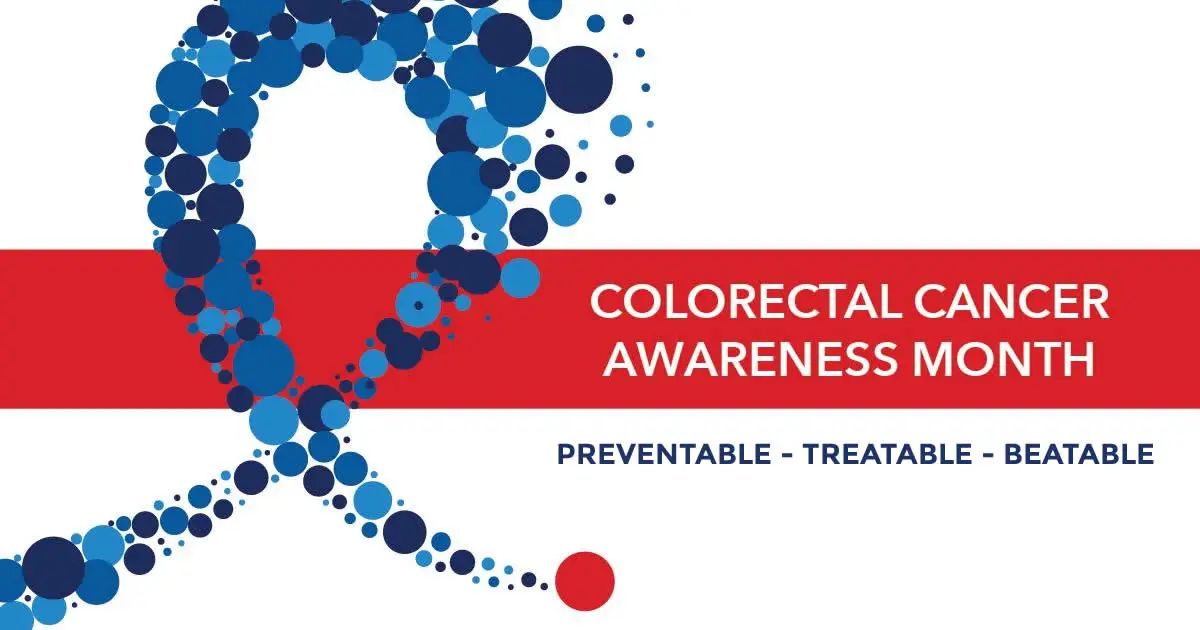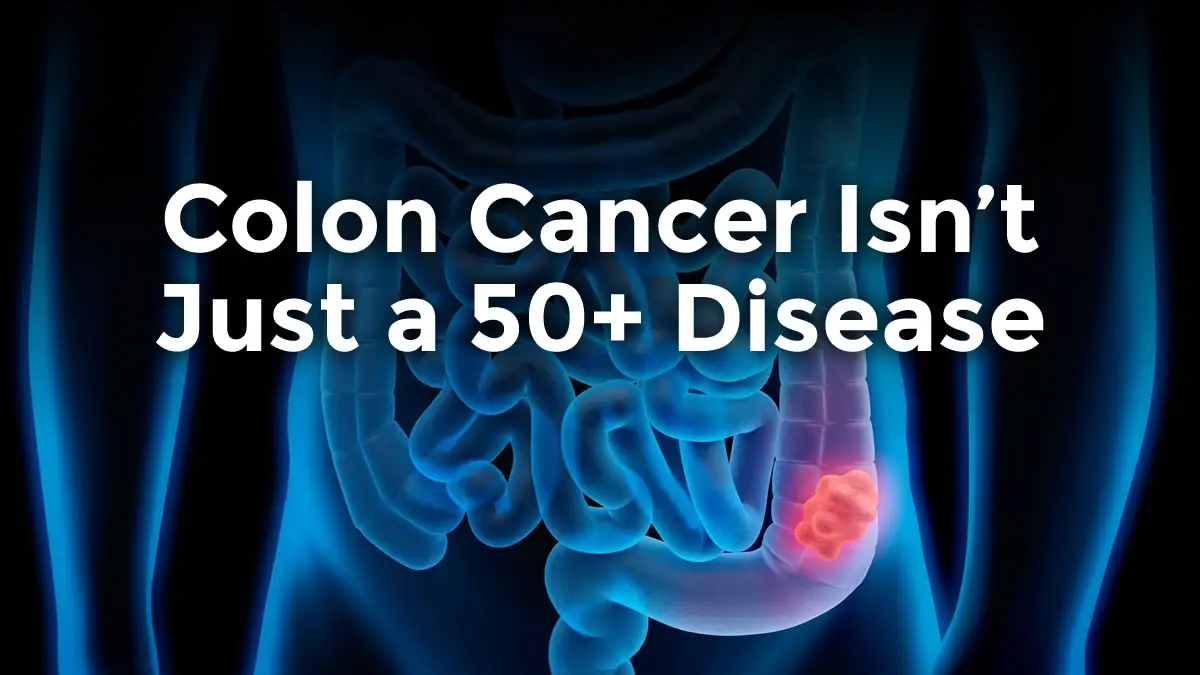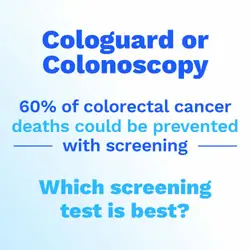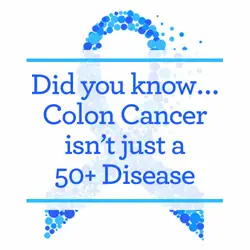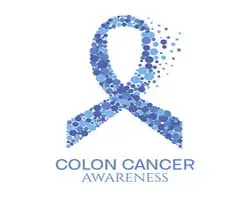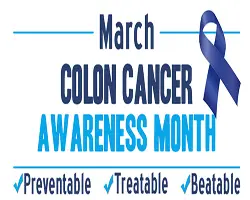Colon Cancer Awareness Month 2024
With March being colon cancer awareness month, I wanted to help promote the message that this is a highly treatable cancer and often curable when detected at a localized stage in the bowel. Here are a few other key points to keep in mind regarding Colon Cancer and screening options: • The American Cancer Society ...

